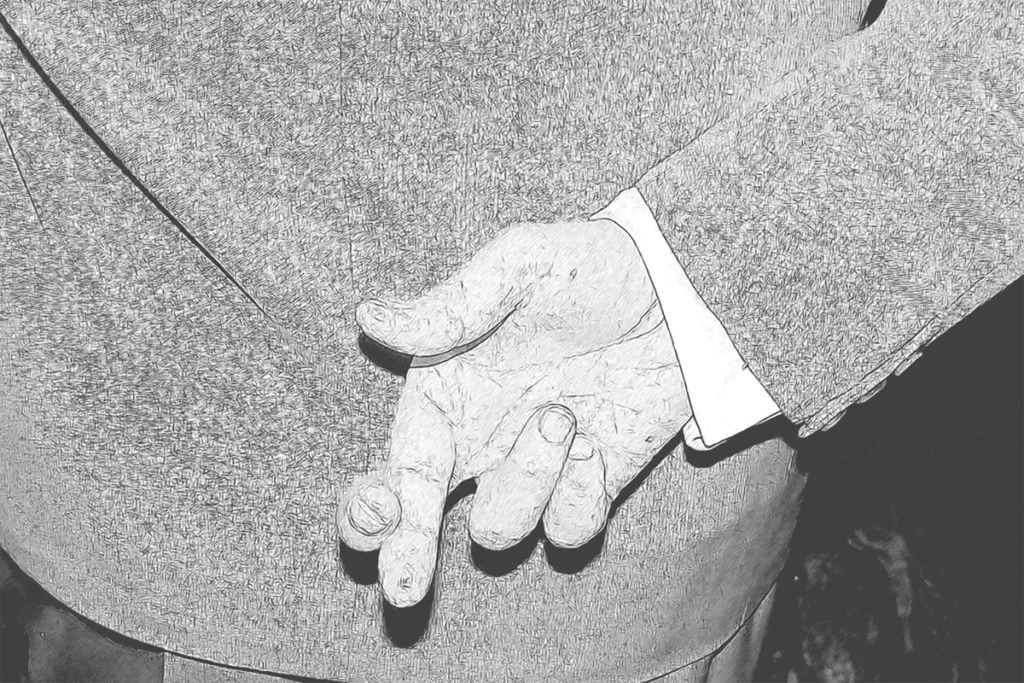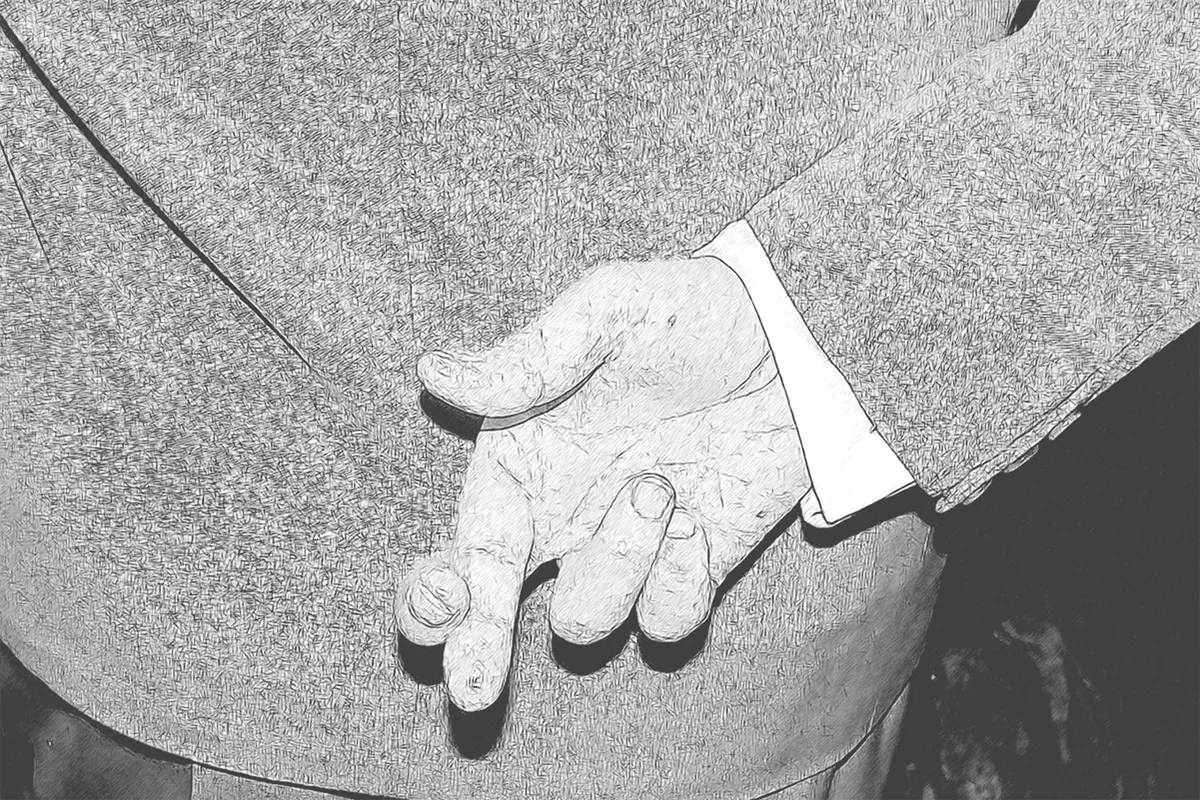Deception is the intentional misleading of others by sharing false information, withholding true information, or engaging in actions that conceal one’s own intentions.
The importance of being deceptive
Honesty is indeed a virtue, but today we are here to sing the praises of its evil twin: deception. Specifically, we will be considering the role of deception in adding complexity and intrigue to a gameplay experience.
Imagine trying to play a game in which all of the competitors were completely open and honest with one another. What a bore that would be! Sure, you may be able to slog through and reach a point where someone is declared the winner, but it would be a joyless affair devoid of uncertainty and deprived of the tension that makes playing games so worthwhile. And frankly, quite a few games that depend at their core on concealing the truth would be completely unplayable. Without deception woven into players’ every thought and action, there would simply be no point.
Game elements that promote deceptive behavior enrich gameplay in three key ways:
- They mirror our own lived experience in which we must regularly contend with people who peddle in sneakiness, half-truths and outright lies.
- They give space for players to advance their own interests while attempting to avoid detection by others.
- They add complexity to gameplay and force players to consider the underlying motives of their opponents.
Types of deception
Now that we know just how good deception really is, let us look at the different forms it can take.
Lies
Outright lies are overt statements that are untrue. The intention of all lies is to deny an opponent the information they need to form an accurate understanding of reality. Outright lies aim to achieve this by polluting the body of information one’s opponent has collected by injecting falsehoods into this mix. Imagine a pool shark inviting you to play a game of pool, but claiming to be a complete novice themselves. They are lying to you, as you will soon discover if you agree to pick up a cue.
Lies of omission are statements in which one or more key pieces of information have been withheld. Such lies may be true on their face, but only in a limited sense, because they fail to tell the whole story. For example, you could say that vampire bats do not eat meat. While narrowly accurate, if you then fail to mention that they primarily feed on the blood of various large mammals that they lap up after puncturing their victims’ skin with pointy incisors, then an important dietary detail about these winged creatures has most definitely been omitted.
Bluffs take a lie of omission one step further. Rather than saying anything at all, the player merely acts as if they have resources at their disposal that simply are not there (the inverse is also true; a person can bluff to appear weaker than they really are). Bluffing is a vital element of many card games.
Misdirects
A successful misdirect relies on a player engaging in a series of actions that cause opponents to reach erroneous conclusions about the player’s true intentions. Unlike lies, which are usually verbalized and can be “pulled off” in one go, a misdirect requires a player to lull their opponents into shaping their own gameplay based on a faulty understanding of reality.
Misdirects also come in several flavors:
Feinting involves giving the appearance of moving in a particular direction (or less literally, of mounting a certain strategy) when in fact a totally different direction or strategy is your true aim. As the commander of an army, if you should happen to marshal your troops in such a way that your opponent prepares for attack from the east, they will be caught off guard when you instead strike from the south.
The strategic retreat is a form of feinting in which you move your resources away from an opponent in such a way as to appear to be trying to avoid a conflict for which you are ill-prepared. If done well, the opponent will sense vulnerability and launch a pursuit. Sometimes the goal of the first player is to then pounce on the second player by unleashing previously concealed resources. At other times the aim is simply to draw the second player away from an area elsewhere that is of genuine interest to the first player.
And then there is the misdirect that is perhaps the most difficult to execute. Let’s call it “playing dumb”. The challenge here is to execute a coherent strategy while appearing to commit blunders, behave illogically or being otherwise directionless. Of course, if your opponent is already familiar with your style of play, they will not likely be duped by this approach. But if you enter a competition as an unknown, people will not have any particular expectations about your abilities, so playing dumb could very well work.
Even when playing with old friends and foes, you can still use this approach to obfuscate your actual plans to some degree. Perhaps something as simple as taking sensible actions, but in a somewhat unusual order, can be enough to throw your opponents off the scent, at least for a while.
Engaging in deception
If your aim is to lie (in some form or another), consider these three points:
- Usefulness: There should be a specific reason why you want to mislead others. Lying about inconsequential details may not help you much, but lying about something of pivotal importance ought to disrupt your opponents’ plans in a consequential way.
- Timeliness: The lie should be delivered when it is most likely to be heeded. This may require waiting for just the right moment to deliver the misinformation.
- Plausibility: Whatever lie you choose to tell, it will only be believed if it is believable. Telling outrageous falsehoods that no one else can fathom will not get you far.
When attempting a misdirect, you must take even more care, as this tactic will only be persuasive if your opponent, having observed a series of actions taken by you, reaches the wrong conclusion about what you are trying to achieve. On top of that, you must still leave yourself space within the game to shift back into a position, whether literal or figurative, that allows you to advance within the game.
Noticing when something is amiss
If you suspect that someone is lying to you, several factors can help you to test your suspicions:
- Is lying an action that is integral to the game? If yes, then you can dispense with dwelling on the “if”, and instead examine the “why”, “what about”, and “by how much”.
- What about the other player’s statement seems off to you? What piece of information do you believe they are trying to conceal? Is there something in particular that you find unbelievable about what they say?
Rooting out possible instances of misdirection may be more difficult, particularly if you are not familiar with your opponent’s style of play. Doing so requires you to take into consideration a series of actions by the other player within the wider context of the game. And wherever you are in the game, it is never too early to consider the possibility that someone may be attempting a misdirect. You must always be on guard for this, lest it turns out to be the case and things have progressed too far for you to do anything about it.
Responding to deception
You have two options regarding how to react in the face of a deceptive opponent: confront or conceal. What you choose to do comes down to timing. If exposing the deception right away causes the most upheaval for your opponent, then that will likely be the best move for you. On the other hand, if allowing the other player to carry on unaware that you have caught on to the ruse, you now hold the advantage. You can wait to undo them at the time of your choosing, when they are most vulnerable. And if the game involves more than two players, sitting on this knowledge may pay additional dividends if you believe other players have failed to notice the deception unfolding before them.
A deceptively simple conclusion
Carrying out a deception, whether a lie or a misdirect, requires care, timing and believability. Likewise, uncovering such acts demands skill in equal measure. Finally, how you respond to your conniving opponents may very well determine the fate of the game. Just be sure not to deceive yourself, mastering this dark art can be rather tricky.



